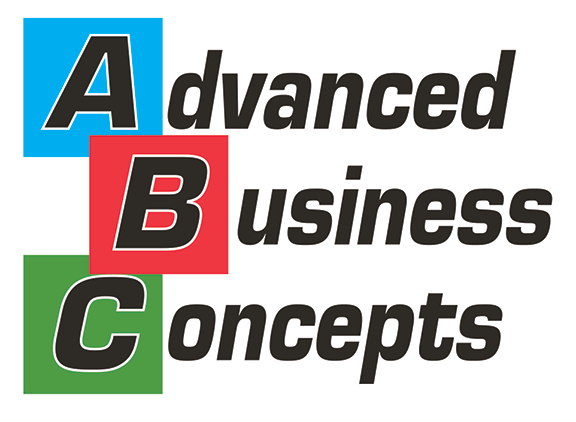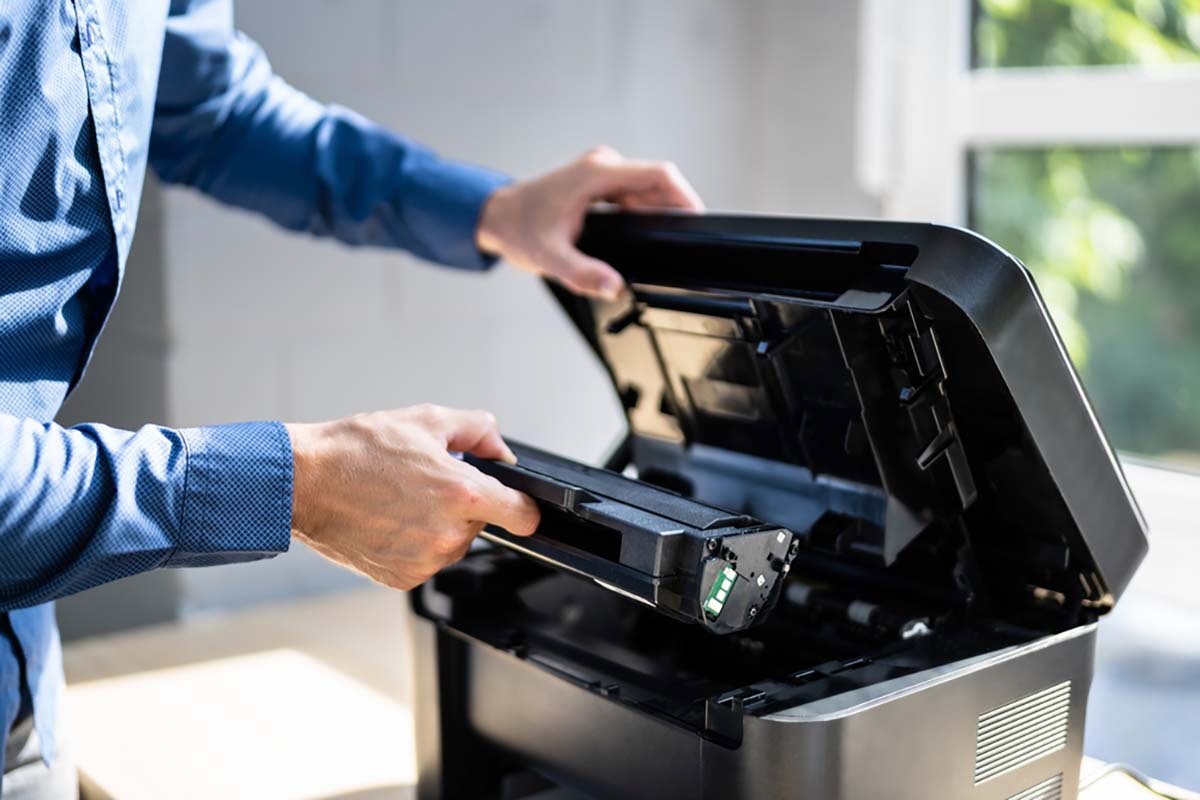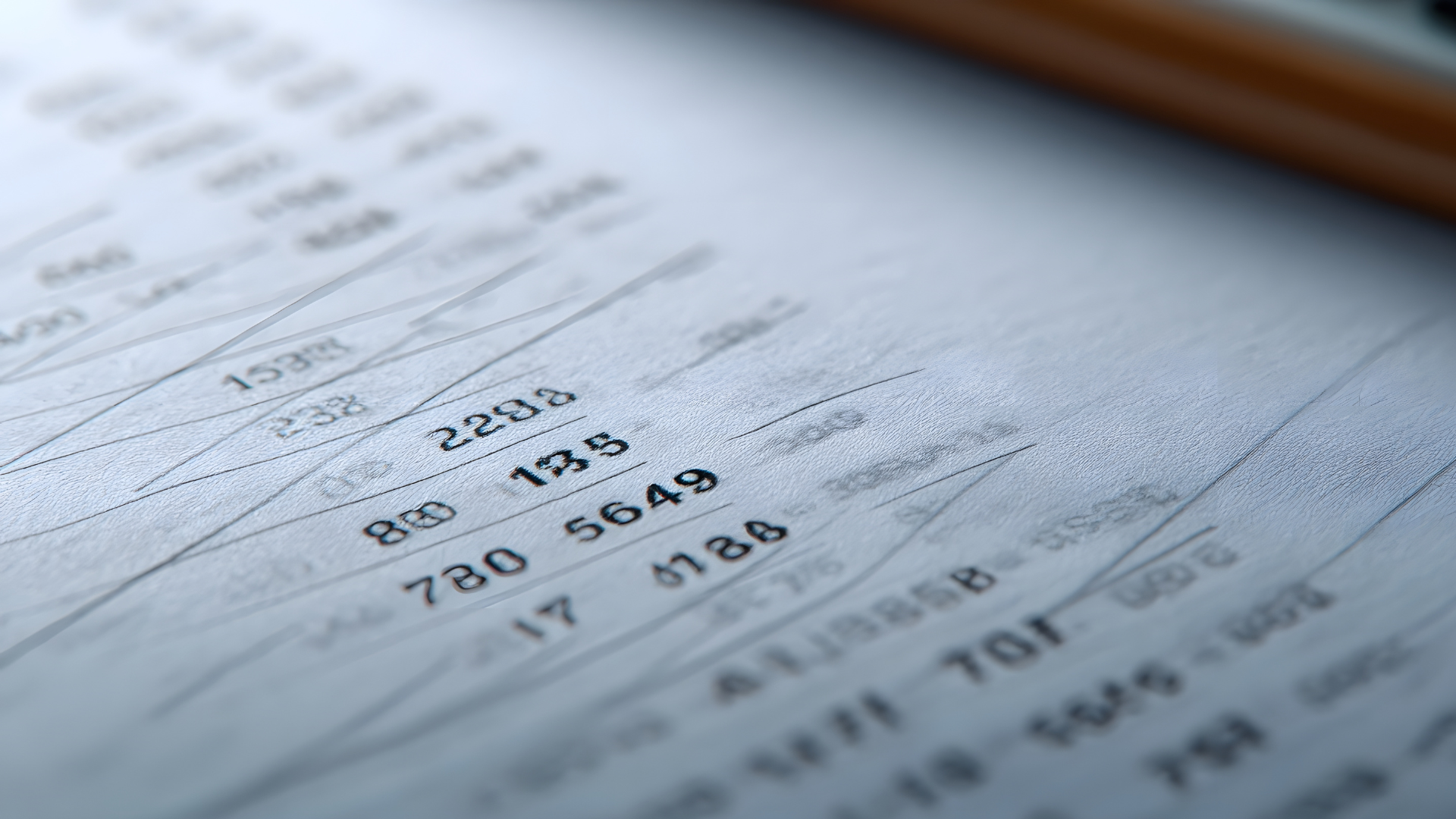When it comes to acquiring an office copier, businesses often find themselves faced with the decision of whether to buy or lease. Both options have their advantages and considerations, so it’s important to weigh them carefully before making a decision. In this blog post, we will explore the pros and cons of buying and leasing an office copier to help you determine which option is best for your business.
Buying an Office Copier
Purchasing an office copier outright offers several benefits:
1. Ownership and Long-term Investment
When you buy a copier, you own it outright. This means that you have full control over the copier, can customize it to your specific needs, and can use it for as long as you see fit. Additionally, purchasing a copier can be seen as a long-term investment since you won’t have ongoing monthly payments.
2. Cost Efficiency in the Long Run
While buying a copier may require a significant upfront investment, it can be cost-efficient in the long run. If your business has a high volume of printing and copying needs, owning a copier can save you money compared to leasing, especially if you plan to use the copier for several years.
3. Flexibility and Customization
Owning a copier gives you the flexibility to upgrade or modify it according to your changing business needs. You can choose the features, speed, and capacity that align with your requirements and budget. Additionally, you’re not tied to any contractual obligations, giving you the freedom to make changes whenever necessary.
However, there are also considerations when it comes to buying a copier:
1. Maintenance and Repairs
As the owner of the copier, you’ll be responsible for maintenance and repairs. Depending on the copier’s age and warranty coverage, these costs can add up over time. It’s essential to factor in the potential expenses of maintenance and repairs when considering the purchase option.
2. Technological Obsolescence
Technology evolves rapidly, and copiers are no exception. Buying a copier means that you’ll be stuck with the same machine for years, which may become outdated compared to newer models with advanced features and improved efficiency.
Leasing an Office Copier
Leasing an office copier also comes with its own set of advantages:
1. Lower Upfront Costs
One of the main benefits of leasing is that it requires minimal upfront costs. Instead of a large initial investment, you make regular monthly lease payments, which can be more manageable for businesses with limited capital.
2. Access to Latest Technology
Leasing allows you to upgrade to newer copier models more frequently, ensuring that your business always has access to the latest technology. This can be particularly advantageous if your industry requires cutting-edge features or if your printing and copying needs fluctuate.
3. Maintenance and Support Included
With a lease agreement, maintenance and support are often included. This means that if the copier requires repairs or servicing, the leasing company will handle it, saving you time and money on maintenance costs.
However, there are considerations to keep in mind with leasing:
1. Long-term Costs
While leasing may have lower upfront costs, it can accumulate higher costs over the long term. Monthly lease payments can add up, and when the lease term ends, you won’t have anything to show for the money spent. Additionally, lease agreements often come with early termination fees if you need to end the lease before its scheduled completion.
2. Lack of Ownership and Flexibility
When you lease a copier, you don’t own it. You are essentially renting the equipment for a specified period. This lack of ownership can limit your ability to customize or make changes to the copier according to your business needs.
In conclusion, the decision to buy or lease an office copier depends on various factors such as upfront costs, long-term expenses, technological requirements, and customization preferences. Buying offers ownership, long-term investment potential, and flexibility, but comes with maintenance and repair responsibilities. On the other hand, leasing provides lower upfront costs, access to the latest technology, and included maintenance, but can accumulate higher long-term costs and lacks ownership. Carefully evaluate these factors in light of your business’s specific needs and budget to determine which option is best for you.






